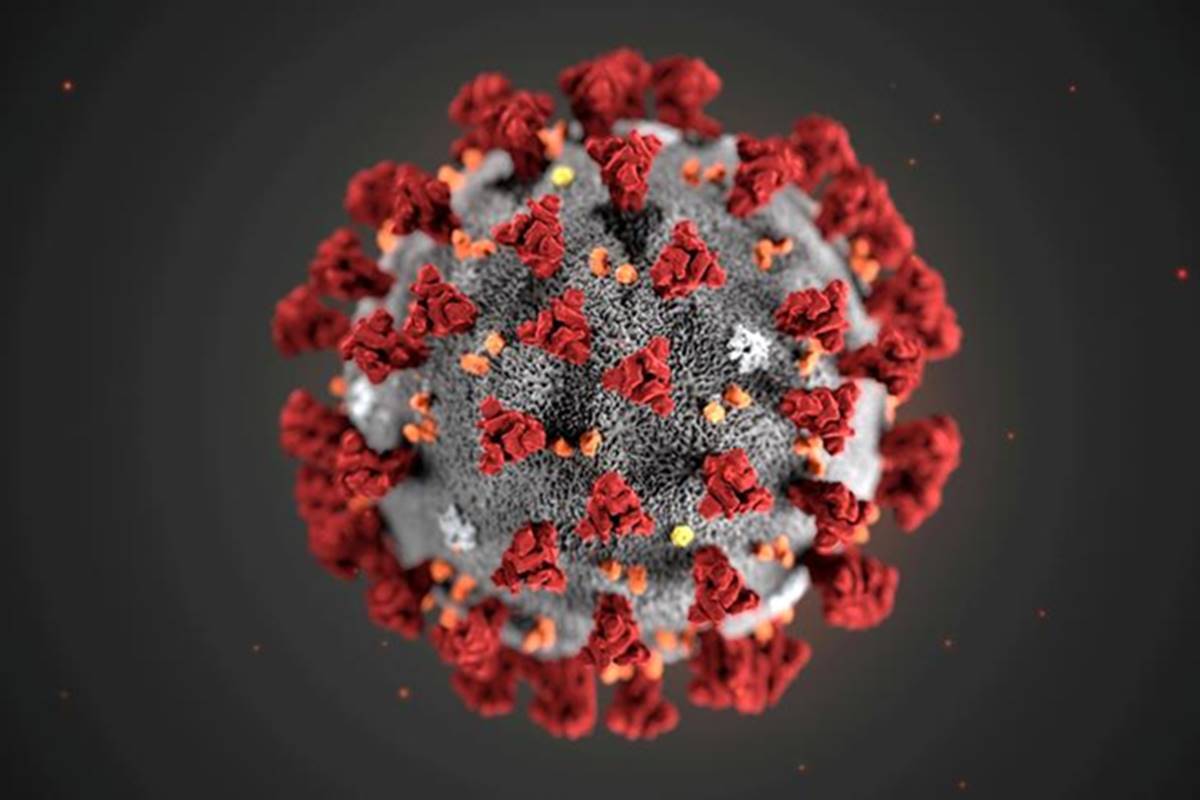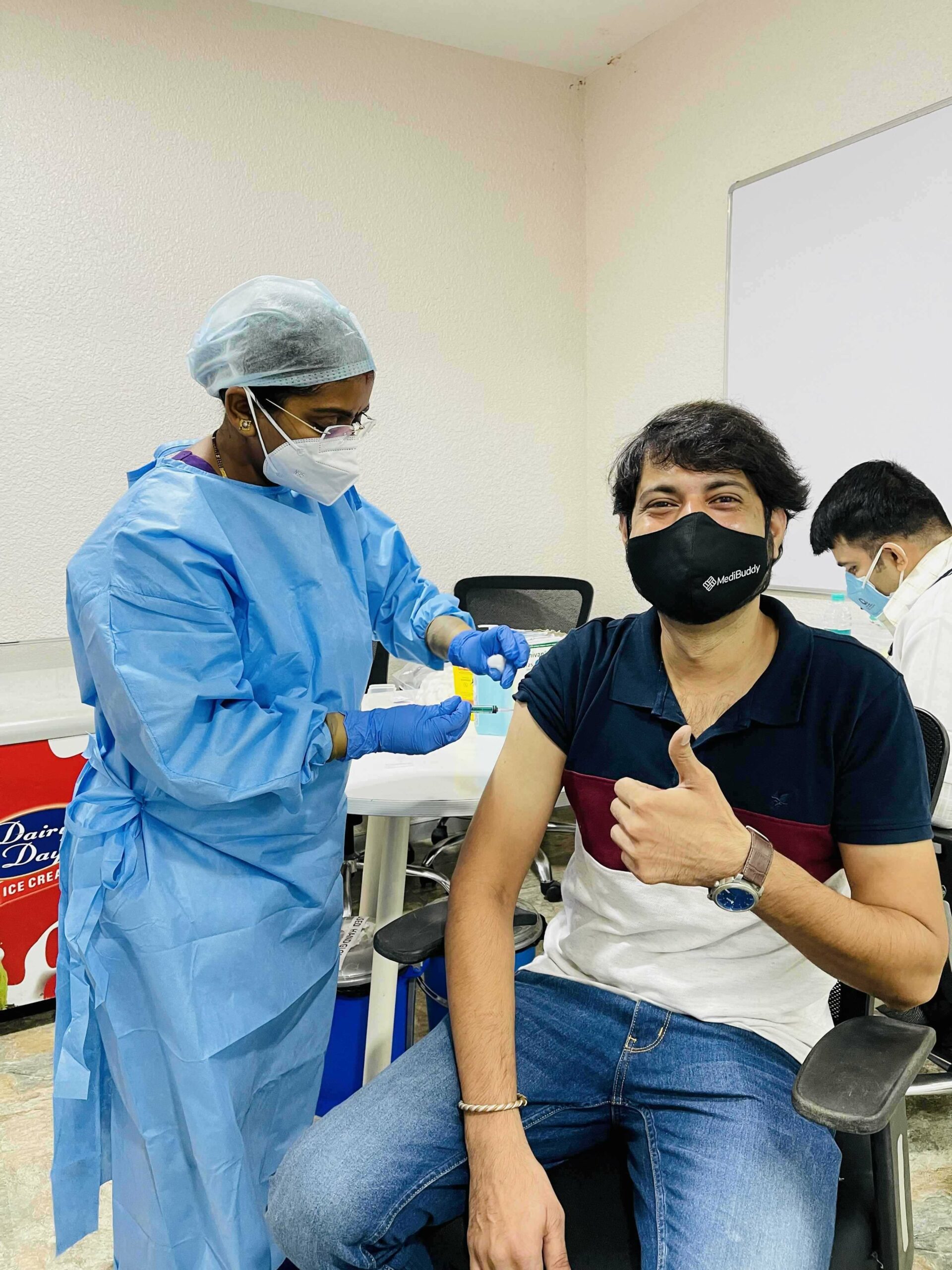The Delta Variant: A Highly Transmissible and Troubling Cause of the Second Wave in India
A panel of experts has recently found that the Delta variant of coronavirus or the B1.617.2 is a highly transmissible variant of concern (VOC) which was a primary cause behind the second wave of the COVID-19 pandemic in India.
B.1.617 Variants: Key Contributors to the Surge in COVID-19 Cases in India
According to a study, the B.1.617 variant and its lineage B.1.617.2 were mainly responsible for the spike in coronavirus cases in India. These variants had high transmissibility of 50 percent more than the Alpha variant or B.1.1.7 was found in the study.
Insights from INSACOG and NCDC Study on the Causes of the Second Wave of COVID-19
The study on the reasons behind the second wave of COVID-19 was conducted by the scientists of INSACOG (the consortium of labs undertaking genome sequencing in India) and the National Centre for Disease Control (NCDC).
The Delta variant has now become a leading variant of concern in the UK as the infections rose by 5,472 in a week to hit a total of 12,431, said the health officials in Britain on Thursday.
However, the experts now believe that Delta has now overtaken Alpha the variant of concern that was first detected in the Kent region of England, said the Public Health England (PHE) which monitors all COVID variants in the country.
It was also mentioned by them that there may be an increased risk of hospitalization with Delta compared to Alpha, although more data is needed to have a more definitive view on that shows the earlier evidence provided by PHE.
Emphasizing Comprehensive Measures to Combat COVID-19 Variants and Promote Vaccination
“The way to tackle variants is to tackle the transmission of COVID-19 as a whole. Work from home where you can, and practice hands, face, space, fresh air at all times. If you are eligible and have not already done so, please come forward to be vaccinated and make sure you get your second jab. It will save lives,” she said.











